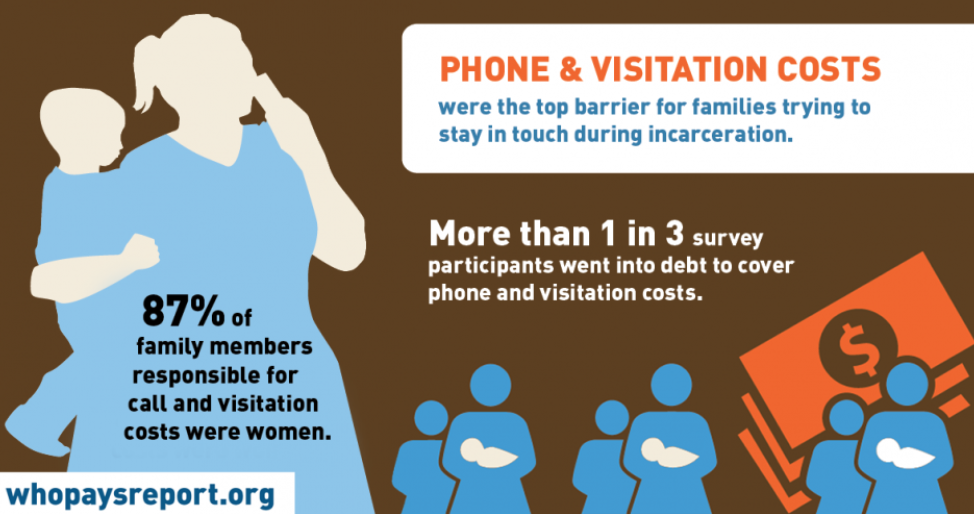Black Fathers and Mass Incarceration: The Emotional Toll
When parental figures are absent from the home, there is a higher potential of there being less oversight and guidance of the children that live there, which may lead to childhood trauma and poor decision making moving forward. Of the 1.5 million children in the nation with an incarcerated parent, 77% of them were children of incarcerated dads (Brown, 2021). If male inmates are given the opportunity to return to civilian life, they often bring with them traits of the toxic masculinity learned for survival as an inmate. Not recognizing the damage their inmate survival tactics placed on them, dads who were previously imprisoned often subject their children to teachings that deconstruct and override the healthy socialization they may have had.
This perpetuates stereotypic ideals in the Black community that Black men, are supposed to be tough or hard, not express any softer emotions, and promotes the need to address disrespect with violence. These few outcomes alone lead to self-isolation without self-exploration or expression, unhealthy emotional expression, developmental pauses or delays, educational disruption, and even the status of “inmate” at some point or another. According to national statistics, one-third of Black men will see the inside of a jail in their lifetime due to the lack of positive male influence in the home (Hong & Lewis, 2020). Black girls are also negatively affected by not having their father present in their lives. The children often struggle with experiencing healthy love - both internal and external. Young girls also have the increased potential to fall prey to societal tropes that frame Black women identities in the public sphere. In their formative years, it is easy for Black girls to fall in alignment with those identities, potentially resulting in emotional and mental trauma, sometimes even physical abuse (Martin, 2017).

